Weight gain and loss secrets revealed

There is a saying that goes like this: "Everyone understands the truth, but it is difficult to do it."
That's right, so the content I want to share with you today, many people should already know it, is "calorie balance"~
Before introducing calorie balance, we must first mention the basal metabolic rate. Do you know what the basal metabolic rate (Basal Metabolic Rate, BMR) is?
The basal metabolic rate refers to the calories consumed by the human body when performing involuntary activities, that is, the minimum caloric requirements for the human body to maintain the lifeline image, that is, when a person is lying still, the body is breathing, the heart beats, oxygen transport, The basic energy required for glandular secretion, body temperature maintenance, gastrointestinal motility, and the normal operation of nerves and cells in each organ is called the basal metabolic rate!
Basal metabolic rate plus the body's daily activities, exercise, and energy consumption required for food digestion and absorption is the total daily energy expenditure (TDEE) that the body needs to consume in a day.
When your daily calorie intake exceeds TDEE (calorie surplus), your "weight" will gradually increase over time. Relatively, if you want to lose weight, your calorie intake needs to be lower than TDEE (calorie deficit). This is the calorie Balance concept.
Generally speaking, you can set your daily calorie surplus and calorie deficit according to how much weight you want to gain or lose within a certain period of time, and adjust your diet according to the actual weight gain or loss.
However, it must be noted that body weight includes substances such as lean body tissue and fat. It does not mean that you can achieve the goal of fat loss by eating less. Moreover, each person's physical condition is different, and body weight will also be affected by hormones, sleep quality, etc. , stress, genetics and other factors, we will share more information about this part later.
If you have any other ideas about the concept of calorie balance, please leave a message or send us a private message to discuss!
References:
Edited by Wang Hesen et al. (2014). "Exercise Physiology - Second Edition". New Taipei City: Xinwenjing Development.
Published on 2022/01/24 by Fatty Ali




